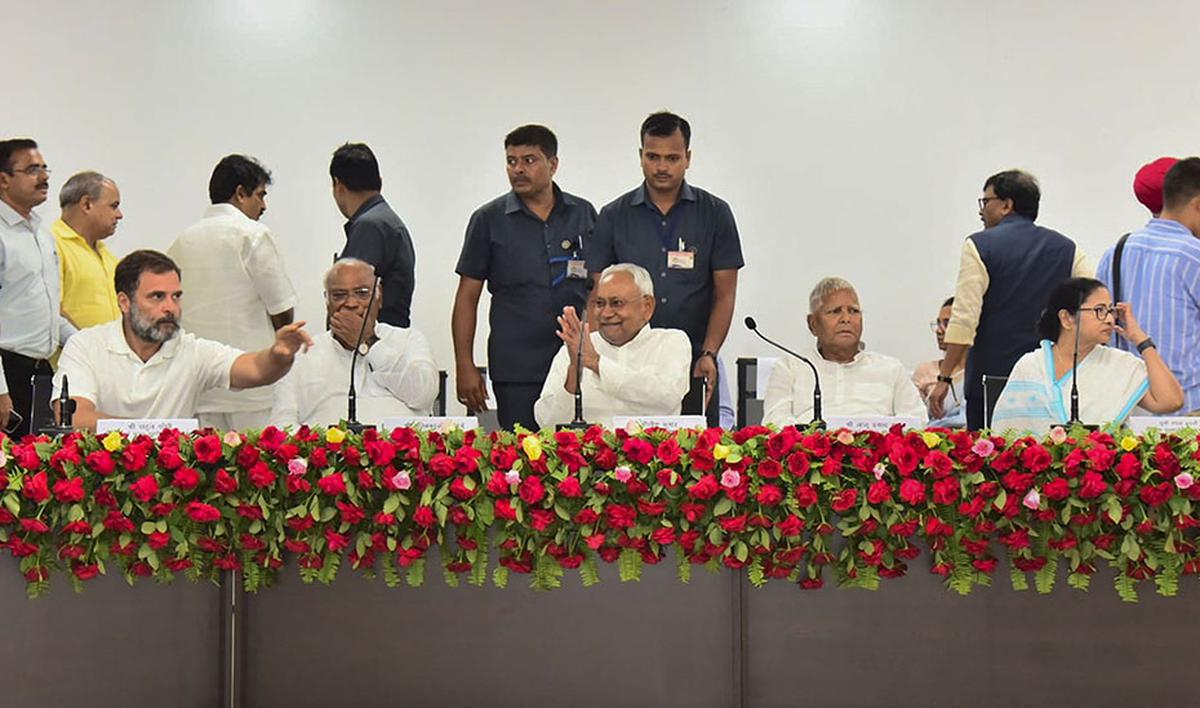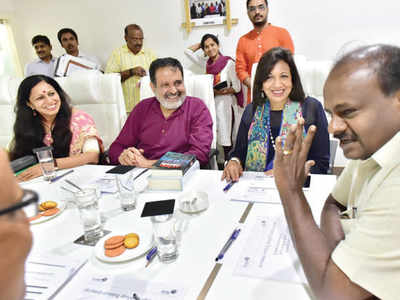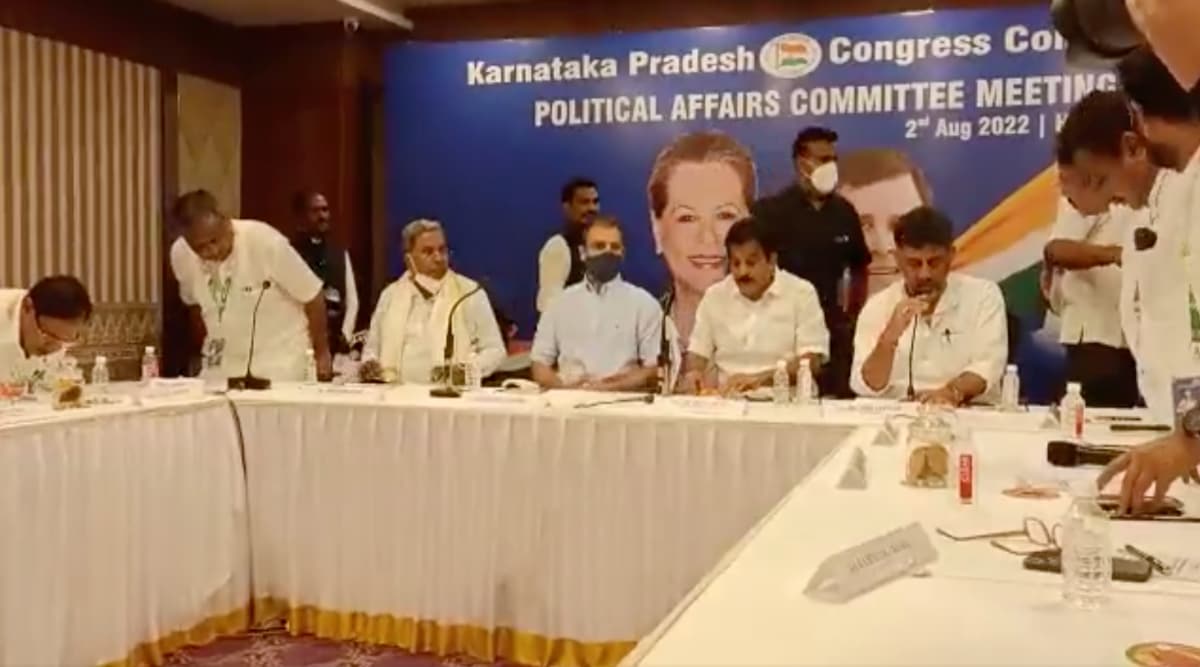Title: Bangalore Political Meet: Charting a Path for Progress and Collaboration

Introduction:
Bangalore, the capital city of Karnataka, is renowned as the Silicon Valley of India, attracting technology giants, startups, and a vibrant workforce from around the world. While Bangalore's prominence in the technology sector is well-established, the city also plays a crucial role in shaping the political landscape of the state and the country. The recent political meet held in Bangalore served as a platform for key stakeholders to discuss and strategize the city's future trajectory. This article delves into the significance of the Bangalore Political Meet and its potential impact on the city's political and economic landscape.
Bringing Together Political Leaders:
The Bangalore Political Meet saw the coming together of political leaders from various parties, including representatives from both the ruling and opposition parties at the state and national level. The event aimed to foster dialogue and collaboration among the political class, setting aside ideological differences for the greater benefit of Bangalore and its citizens. This inclusive approach is crucial for the city's progress, as it ensures that diverse voices and perspectives are considered in decision-making processes.

Addressing Key Challenges:
One of the primary objectives of the political meet was to address the key challenges faced by Bangalore. These challenges include infrastructure development, traffic congestion, environmental sustainability, affordable housing, and inclusive growth. By bringing these issues to the forefront of the political discourse, the meet provided a platform for brainstorming solutions and formulating actionable plans. The participants discussed the need for coordinated efforts between various government bodies, local authorities, and private stakeholders to tackle these challenges effectively.
Promoting Entrepreneurship and Innovation:
As the hub of India's technology and startup ecosystem, Bangalore is synonymous with innovation and entrepreneurship. The political meet recognized the importance of nurturing this ecosystem and encouraging the growth of startups and small and medium enterprises (SMEs). Discussions centered around creating a conducive environment for entrepreneurs, including access to capital, streamlined regulations, and the development of incubation centers and innovation hubs. By fostering entrepreneurship and innovation, Bangalore can solidify its position as a global leader in the technology and startup landscape.

Sustainable Development and Environmental Conservation:
The Bangalore Political Meet also emphasized the need for sustainable development and environmental conservation. The rapid urbanization and industrial growth in the city have put immense pressure on its natural resources and ecosystems. Leaders recognized the importance of preserving Bangalore's green spaces, improving waste management systems, and adopting renewable energy sources. A consensus was reached on the implementation of sustainable policies and the promotion of eco-friendly practices to ensure a greener and healthier Bangalore for future generations.
Conclusion:
The Bangalore Political Meet served as a significant platform for political leaders to come together, transcend partisan lines, and focus on the common goal of transforming Bangalore into a thriving, sustainable, and inclusive city. By addressing key challenges, promoting entrepreneurship and innovation, and emphasizing sustainable development, the participants showcased their commitment to shaping Bangalore's future. As the city continues to grow and evolve, it is imperative that such political meets become regular occurrences, facilitating collaboration, and ensuring the holistic development of Bangalore and its citizens.





